
Remember the 90s? I don’t, not really.
“We shape our tools, and then our tools shape us.” – Marshall McLuhan
This week on my Facebook page, I posted a list of things that didn’t exist (or barely did) when I was 18. Things keep coming to me, so here’s an expanded version:
- Artificial Intelligence
- Amazon
- Big data
- Cyberbullying
- Data plans
- Digital cameras
- Digital Editing
- Drones
- Dubstep
- Electric cars
- File “piracy”
- Flat panel TVs
- Game of Thrones
- Gay rights
- Go Pro
- HD screens
- Kurt Cobain
- Memes
- Netflix
- Network marketing
- Nine Eleven
- Online dating
- Online learning
- Online shopping
- People who are under 20 now
- Phishing
- Selfies
- Self-publishing
- Smart phones
- Snapchat
- Tesla
- Tinder
- Twilight
- Vaping
- Viral marketing
- Virtual reality
- Wifi
- YouTube
I turned 18 in 1995, just over 20 years ago, and I think of it as a pretty significant time because it was right around when the internet started rewriting the way we shared information as a species. Since then, as you can see from the list, the development of major, world-changing technologies has exploded, so quickly, in fact, that some argue the singularity is near. If you’re not familiar with the concept, it’s the idea that we will hit a point of technological development so advanced that artificial intelligence will start accelerating its own further development at an ever-increasing rate until… ? That’s the point: time vanishes in this scenario.
Anyway, that mind-bending, possibly apocalyptic scenario aside, I think all of this progress has already transformed what we are as a species. A long time ago, the great Canadian thinker Marshall McLuhan noted that technologies extend human senses and abilities while also transforming them. A smart phone, for example, extends our line of sight hugely, but it also changes the world that we see, atrophying our ability to perceive what’s most directly going on around us in a lot of cases (e.g. shitty texting drivers).
Given the massive, accelerating rate of these perceptual transformations in our lives, it’s hard to imagine ourselves as the same species that existed 20 years ago (a bit of biology aside). We have our personal continuities, but those have been rewritten many times over by now. We see new, sense-transforming technologies so often now that our analytical/interpretive capacity towards them has also been badly taxed, as is evident nowhere more than in the backwater of my own zombie-like alma mater, the English department.
People used to talk about information overload, but this moment is something else, something like acquisition overload. In other words, when your senses become malleable under the heat of accelerating change, they start to erode. It’s not just too much information anymore, but difficulty even noticing it as such. You can see anti-modern groups like ISIS reacting fearfully to this moment, even as they selectively use its technologies to their gain. It’s almost like their goal is to die (and kill everybody else) before things get too weird.
So what is a response that isn’t fearful and regressive? How do we face this moment head on – even embrace this radical daily erasure of ourselves as a species? For me, the only response can be an artistic one. I’m not talking about making paintings in museums, but rather interpreting the world creatively to obviate the alternatives of dissociation, alienation, and reactivity.
Here are some possible features/rules of this everyday creativity:
- It’s post-everything: Shared institutions are diminished at best. The past is only a source of occasionally useful material for new creation. If you want to get fancy, this moment is post-modernism stripped of its historical time frame.
- It’s contextual: It comes from a self-consciously particular experience (yours) rather than attempting to resolve the “human condition.”
- It uses bricolage: It uses whatever is available to achieve its aims, pulling from any discipline, technology, historical period, etc.
- It’s temporary: A story you’ve created to cope with the world today will seem limiting/defunct tomorrow. My favourite thinker, Eve Sedgwick, suggests we use “nonce taxonomies” – systems of description “for the now” – to cope with a world that oversimplifies the diversity of experience. Given our technological context, our own experience is diverse from itself moment to moment.
- It’s enjoyable: In a malleable sensory environment, everything is a game. It has to be, because the alternatives are various forms of brutality or despondency.
I can’t forget one last, important rule. This everyday art occasionally bumps against old rules: Try telling your screaming four-month old that hunger is malleable. Some things never change (or at least haven’t yet).
In the coming months, I’ll be exploring all these themes in a Youtube channel I’m currently working on. In the mean time, I’d love to hear some of the things that have changed for you in the past 20 years, and what you make of this weird, wild moment in (or outside of) history.
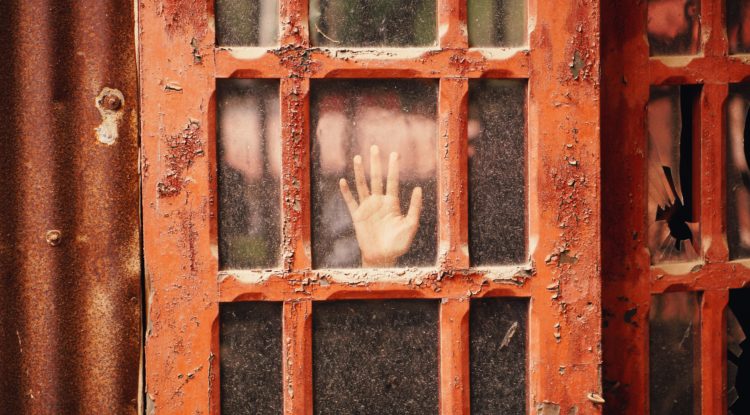
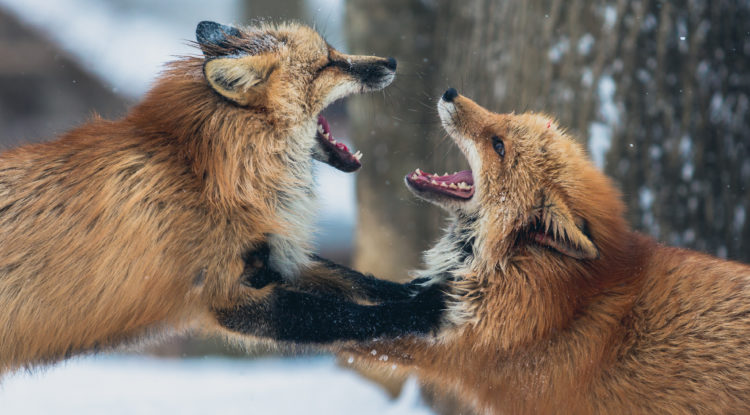
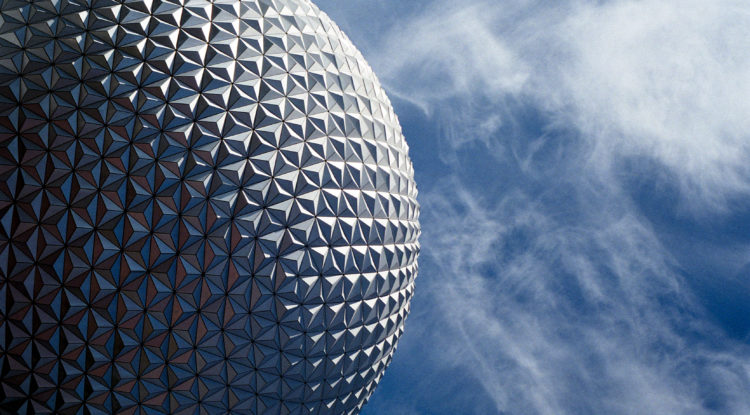
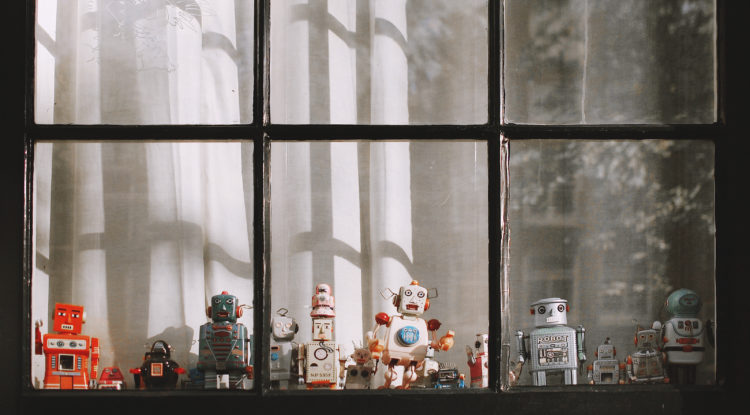

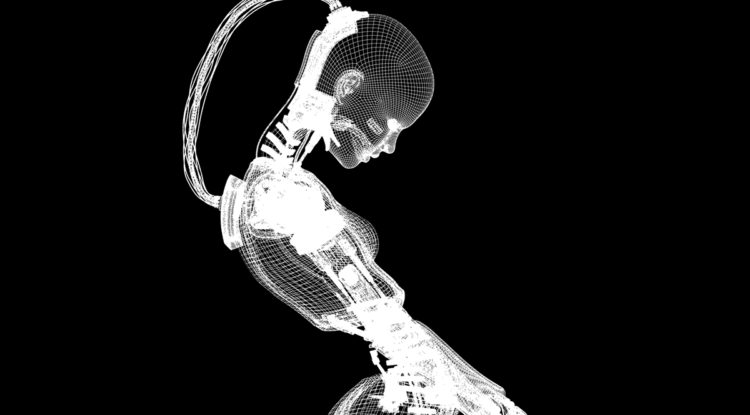
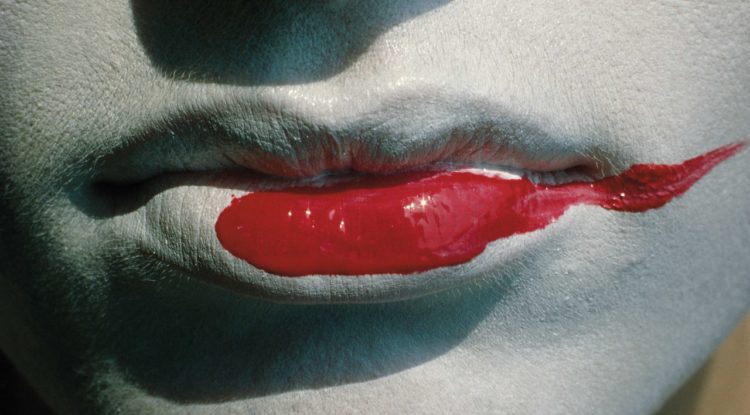
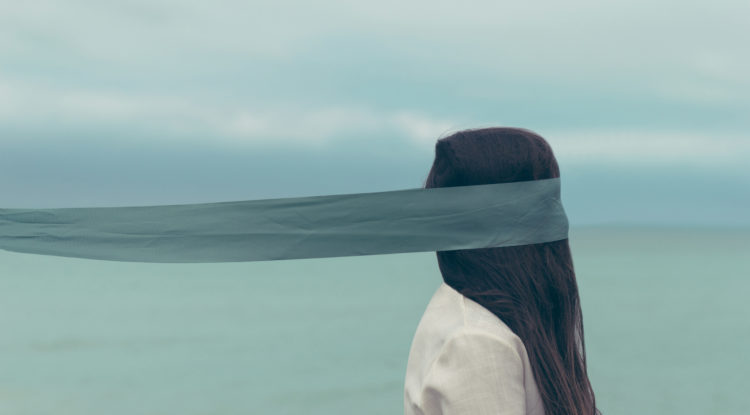


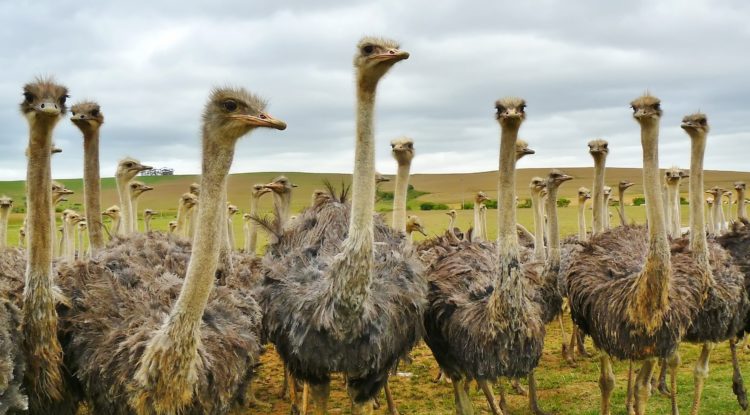

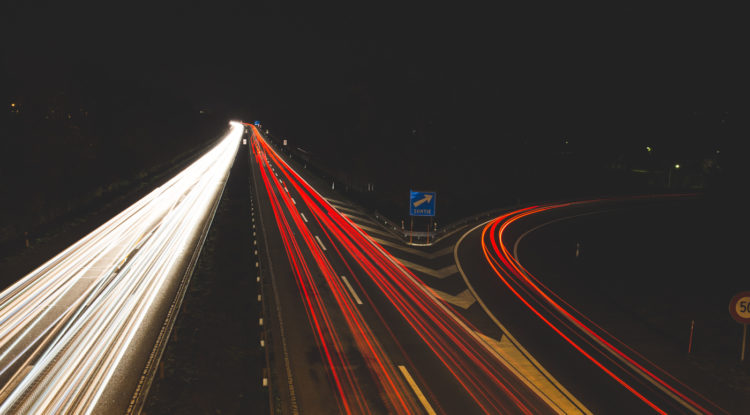

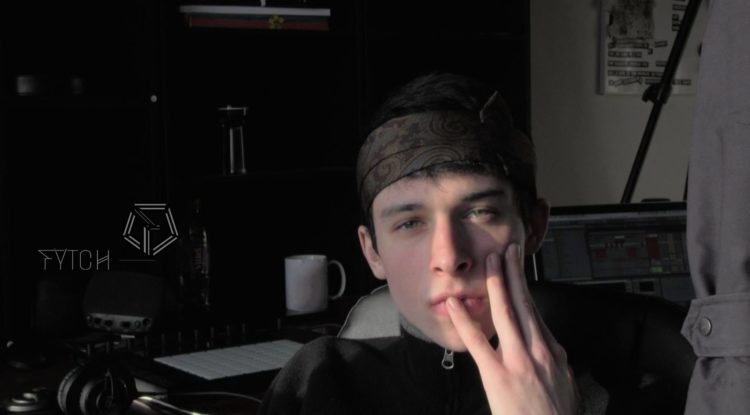


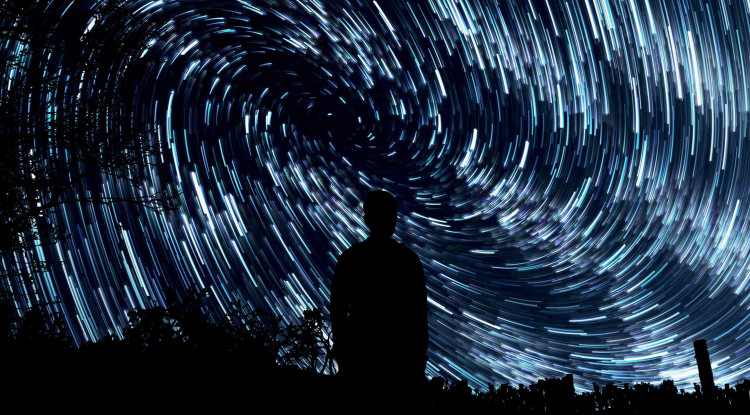




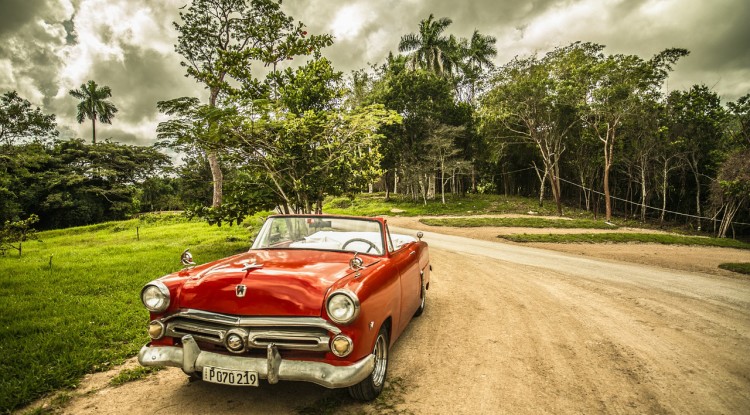





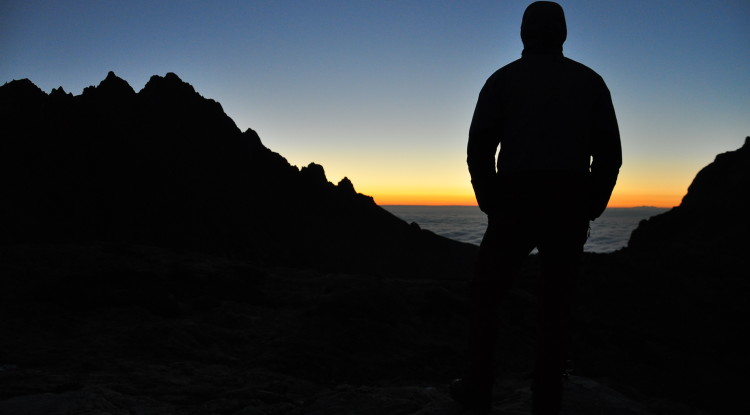
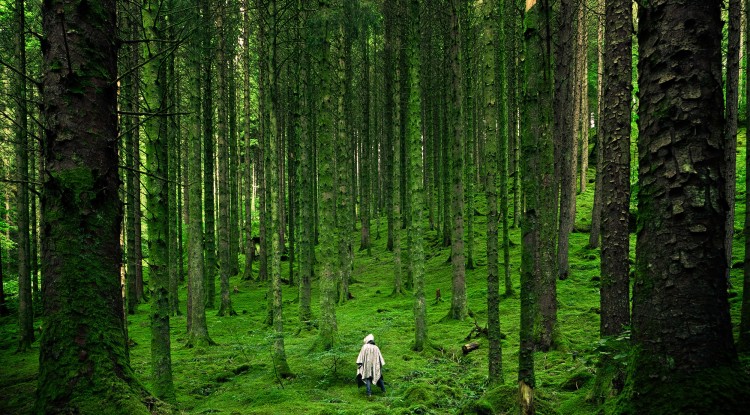
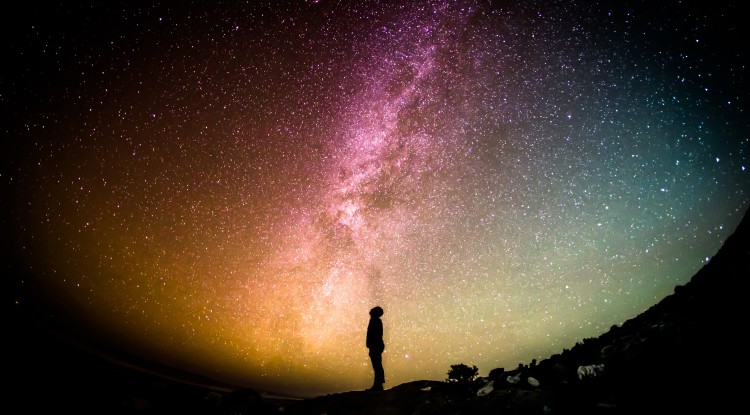
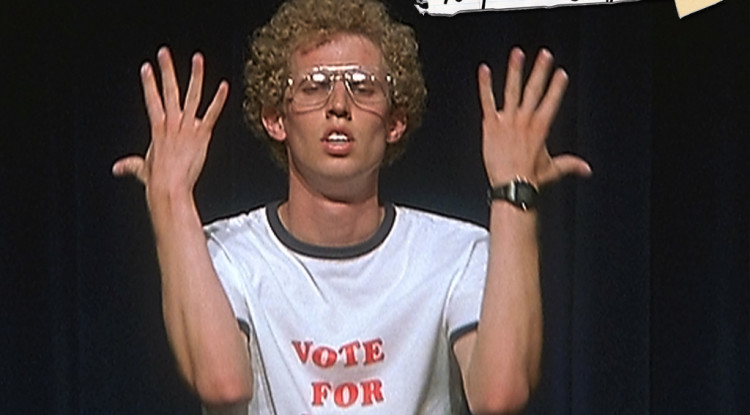


Leave a Reply
You must be logged in to post a comment.